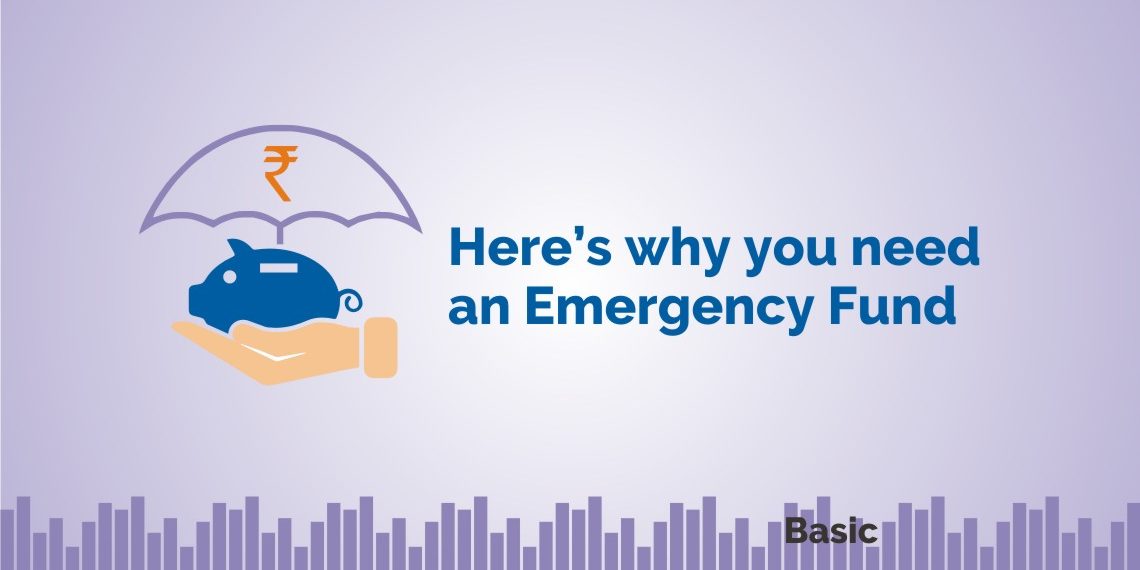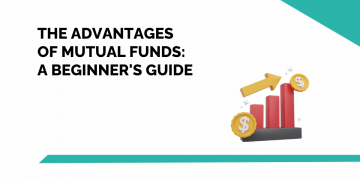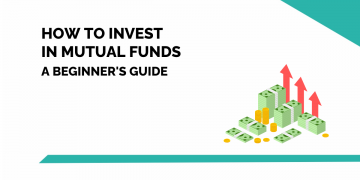It is always better to be prepared for the unexpected when it comes to managing your finance and this is the reason why you need an emergency fund. One may require additional funds in order to tackle the situation of emergencies and in such a scenario keeping an emergency fund would be an ideal option.
It is of prime importance to create an emergency fund since there is a lot of uncertainty about the future, and we don’t have any control over it. When it comes to classifying the priorities, you should always start with an emergency fund, then meet your high-interest debt and then only start investing.
However, to fulfill the above criteria, you’ll require a lump sum fund, thus, savings should become a part of your habit.
Instead of following the traditional rule of savings, you should set aside a portion of your income for savings and use the remaining funds for expenses.
It might take some time to get used to it, but once you are comfortable doing it, see the magic it brings to your life.
Table of Contents
What is an Emergency fund?
An emergency fund is a lump sum amount of money that is easily accessible and used only in case of an emergency.
These funds should not be used to buy a new motorbike or a new sofa.
It is to be only used in case of a serious emergency like severe illness, or to support your livelihood in case of job loss or to meet any other emergency.
Why emergency fund is important?
These financial emergencies may come in different forms including major health issues, job loss or something you have never imagined.
Moreover, in order to meet these problems, you don’t want to be forced to rely on loan or credit card as these would compound the problem instead of solving it. This is the reason why you need an emergency fund
How much is enough?
Though experts believe that emergency funds are important, still there’s nowhere mentioned as to how much would be enough.
Some recommend that Rs 1000 would be sufficient, while others believe to save one year’s salary.
However, most consensus should lie somewhere in the middle.
This topic is really vague and how much you would really need would rather be a personal opinion and it varies from individual to individual depending on their lifestyle and situation.
Know from Experts – Government Financial Schemes
Though in my view, ideally, this fund should comprise of 6-9 months of your monthly household expenses.
Suppose your household expense per month comes to Rs 25000, so you should have an emergency fund of minimum Rs 1,50,000-2,50,000.
Keep these funds in a liquid and safe place like savings bank account, so that it can be easily availed in case of need.
How to build an emergency fund?
Creating an emergency fund can be a very simple job which can be done by simply depositing the funds in your savings account.
The convenience factor is important initially when you get started.
With time when your fund grows, you can look for an account which fetches reasonable interest on your capital.
Try not to carry an ATM card tied to your account so as to avoid impulsive spending.
In case you cannot deposit the total fund you want to, you can do it gradually over the period.
Before you begin, make sure that you are able to meet your basic necessities, but on the other hand, cutting your unnecessary spending and avoiding debt is equally important.
How to Save Money?

Bottomline
Studies suggest that individuals without an emergency fund are more likely to accumulate debt.
And debt could be a bigger enemy especially in your down days when you can’t afford to have one.
Even college students should have an emergency fund.









Thanks a lot
Hi,
Thank you for reading our blogs!
Keep Reading!